Tin Can Evolution
Project Tin Can Evolution
A history of Project Tin Can with the most recent events at the top.
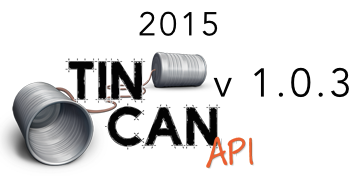
A third patch release, version 1.0.3 is planned for 2015, it includes significant improvements to the clarity and readability of the spec based on feedback, but does not include any changes to the required behavior of adopters.
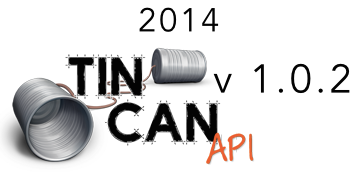
A second patch release, version 1.0.2 was released in October of 2014 to clarify some of the tables in the specification. The version 1.0.2 specification document is still very similar to the 1.0.0 release.

A patch release, version 1.0.1 was released in October of 2013 to clarify a few points. Patch releases make the specification easier to read and implement but do not affect required behavior.
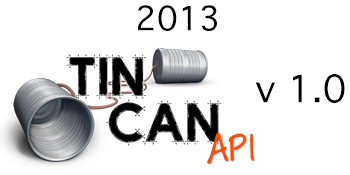
The list of Tin Can adopters continues to grow, as the eLearning community anticipates the release of the Tin Can API version 1.0, which happened in April of 2013. ADL’s official name for the the Tin Can API is the Experience API, or xAPI.
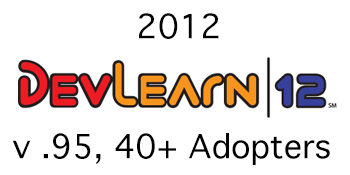
By August of 2012, version .95 of the Tin Can API was finalized. Many adopters showed off their Tin Can implementations at DevLearn ’12, and by the end of 2012, there were over 40 adopters of Tin Can.
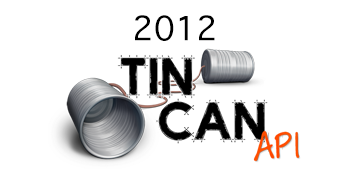
Before MLearnCon ’12 in San Jose, CA, in June of 2012, ADL and the spec community completed version .9 of the Tin Can API, and ADL announced it to the e-learning community. By this point, there were already 15 companies/products that had adopted the Tin Can API.
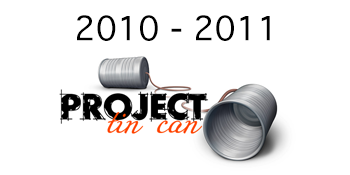
Rustici Software looked at the LETSI SCORM 2.0 White Papers, and conducted extensive interviews with much of the e-learning industry. We called this Project Tin Can. Project Tin Can meant that the industry was finally taking real steps towards improving e-learning standards.
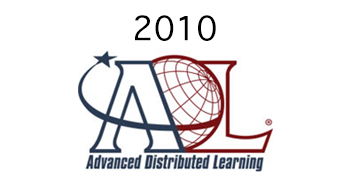
In 2010, Advanced Distributed Learning (ADL), the governing body for SCORM, issued a Broad Agency Announcement (BAA) for someone to come forth and solidify the next-generation e-learning standard. Rustici Software was awarded the BAA, and work began.
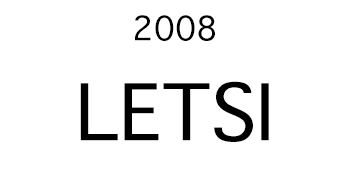
In 2008, it was apparent that older interoperability standards (like SCORM) were too limiting. Learning Education Training Systems Interoperability (LETSI) asked for community ideas. The result was the LETSI SCORM 2.0 white papers.
Questions? Ask us anything.
At Rustici Software, we help hundreds of people each month with their xAPI questions. Many aren’t sales prospects; they just have questions. We’re happy to help. You can ask us anything ‒ really.